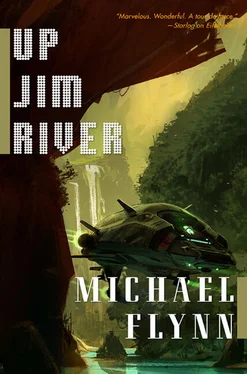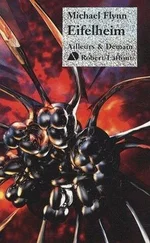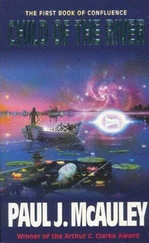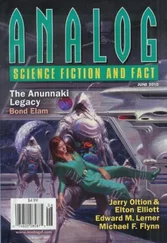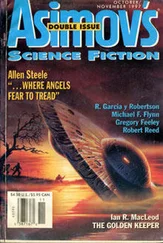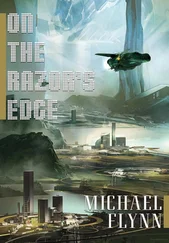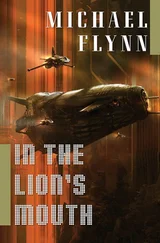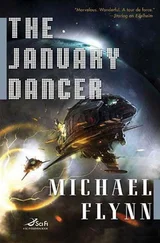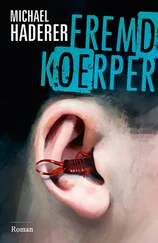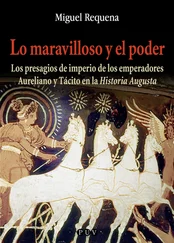“What! Are we to look after her for the rest of her life?”
That would seem the logical deduction.
And are we not duty-bound to do so?
“No proof of that. If the harper stirred a pot, that’s her look-out, not ours. She’s no child, to escape the consequences of her own decisions.”
“Oh, that we could escape the consequences of ours!”
“It’s a tough Spiral Arm. No one ever promised safety or success.”
You can’t mean that!
“Can’t I? All in favor of taking the money, raise your hand.”
Ghostly images raise hands: Donovan, Inner Child, Sleuth .
“Sleuth!” says the Fudir .
It’s the rational course.
“Damn reason! But that leaves four opposed.”
He, the Brute, and the Silky Voice raise their hands—in consequence of which all eyes turn to the Pedant .
But the ponderous body shakes the massive head . I am facts, and to take the bribe or not cannot be answered with facts. “Is” does not equal “Should.” Neither logic nor fear nor sentiment nor brute strength nor any other fragment of who we once were can provide an answer. Rather, the contrary.
Three to three with one abstention.
The Fudir raps knuckles on the table. “The point is moot. We can do nothing until Siggy O’Hara. I say we accompany her within the Circuit. Anything we learn, we can turn over to Greystroke and Hugh.”
Just a question here, but anyone else wondering about the empty seats at this table? Pedant, you set this up. Why ten chairs?
The massive face appears startled . I did not realize… I did. Like the Brute, the Sleuth had access to the sensory inputs. “Why do ten imaginary chairs matter more than seven?” says Donovan. Child, you have the imagination. Did you …? «Not me, Silky. I’m the Guardian. I imagine threats.» Yeah? Too many of’ em, you ask me… Impatient with the chattering, Donovan opens his eyes and…
… and he was back in the common room, to find that he had staggered slightly and that the harper had grabbed a hold of his arm to keep him from falling. “Are you all right?” Méarana asked, and Donovan saw his opening and ducked into it.
“How… long was I out?” he asked, with more confusion than he ought.
“A few moments. You muttered.”
Donovan imitated a chuckle. “Good old Fudir. He does run on. I… don’t feel well.” He allowed her to lead him back to the settee and lower him gently into it.
“Billy,” she said, “fetch sahb Donovan an orange juice.” While the khitmutgar rushed to do her bidding, Méarana arranged pillows around the scarred man. “Better?”
Donovan tried to speak, only to find the Fudir holding his tongue. His voice slurred like that of a man following a seizure. The Fudir realized that this only abetted Donovan’s plans, and let go. “Yes,” Donovan choked out. “Better. Thank you, boy.” He drank the proffered juice, handed back the empty glass. “Méarana… I think this journey is taking too much from me. I’m tired and confused. We should lay over for a time, recover my strength.” He wheezed for effect, trying not to overdo it.
The harper sat across from him and leaned her arms on her knees. “Do we dare? What of the Confederate courier?”
“Oh, mistress,” Billy sang from the sink, where he was cleaning the glass. “He follow long Lola Hadley to Jemson’s Moon. Sahb Donovan tell so.”
“No,” Donovan replied. “He’ll query Lola over the Circuit, and by now they know we’re not aboard… It will take a while. Lola can communicate only while passing through encircuited systems. So we have a lead on him, but he’ll untangle the skein eventually and…” He enclosed both her hands in his. “I don’t know what I can do when he catches up.”
“Maybe we should have…”
“What?”
Méarana disengaged. She looked away. “Maybe we should have accepted Greystroke’s offer and turned everything over to him.” She would not look at him and her hands worked a harp she did not hold.
Donovan spoke as if in reluctant admission. “Greystroke and Hugh have better resources… Why mind the stove, if they will cook the meal?” Donovan had never believed that the harper was chasing after Bridget ban “because a daughter knows her mother.” What daughter has ever known that? She was chasing Bridget ban because she was chasing Bridget ban; and had been chasing her all her life. “Let it go.”
The challenge struck hard. Donovan could almost see the fracture lines streak across the quartz of her resolve. He could almost see her crack; and he knew that the next words she spoke would be to abandon the quest.
“When we reach Siggy O’Hara,” she said. And Donovan waited for her to finish, but she only shook her head and turned away before she could weep, and retired to her own quarters.
VII. THE FREEDOM OF CHOICE
A certain freedom comes from the abandonment of obligation; a sense of boundlessness from the lack of bonds. So the remainder of the transit to Siggy O’Hara ran more carelessly than had the initial part. A kind of melancholy settled over Méarana’s playing, not only in what she played privately in their suite, but even in what she performed in the first-class lounge at Captain-Professor van Lyang’s request. A sweet sadness informed her choice of mode and tempo. Méarana, it seemed, had begun to accept the facts .
Except that Bridget ban’s death was not yet a fact, as the Pedant periodically reminded everyone. It was merely a reasonable abstraction from the facts that the Sleuth had drawn. Yet no one loved a puzzle better than the Sleuth and from time to time the scarred man found himself unwillingly wondering how that death might have come about.
Inner Child was just as happy not to know, because to learn it they would have to track the Hound to the end of her trail; and the closer they approached that end, the closer they would approach their own.
No, the best of all possible worlds was that Méarana resign herself to reality and abandon the quest. That would satisfy Zorba—and those who had offered the bribe.
There lingered, too, the possibilities that the Confederates had learned of Bridget ban’s objective, that they would not pay the bribe, that they would not leave Méarana unmolested. Donovan told himself not to worry over the future, although as the Fudir reminded him, the future was all that one could worry over. You may forget your cares, he told Donovan, not without a little satisfaction, but do not be so sure that those cares will forget you.
Meanwhile, he resigned himself to too much keening of the goltraí from the harper’s clairseach and to wondering from time to time why there had been three empty chairs at an imaginary table. He could see but three possibilities: That he had lost parts of his mind and had forgotten even which they were; that there were emergent fragments yet unrealized; or that the Pedant had been careless in imagining the boardroom. He settled on the third possibility as being the most comforting; but the Fudir reminded him, too, that while the truth set you free, it seldom did so in comfort.
And so they came to Siggy O’Hara, a world named after an ancient battle on Olde Earth, in which a Duke O’Gawa had defeated “Toy” O’Tommy. The very reasons, let alone the passions, of that battle had been long forgotten, but every local autumn, O’Haran nations staged mock combats in which fantastically armored reenactors fired off cannon and muskets and swung long, two-handed swords. It was all great fun and hardly anyone was ever killed. Scholars fretted over authenticity and thought the armor used was an anachronous mixture of ancient Yùrpan and Nìpný fashion. They doubted that the two original armies had painted their armor blue and gray, or even that they had worn turbans. But authenticity had never been a concern of the reenactors. It was an autumn celebration, a last carouse of color before dead winter.
Читать дальше
